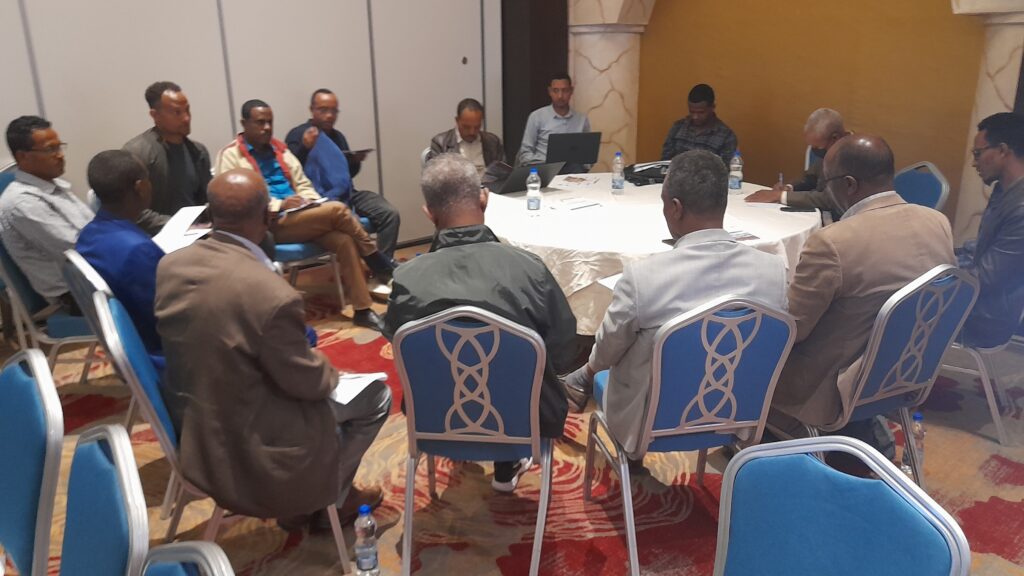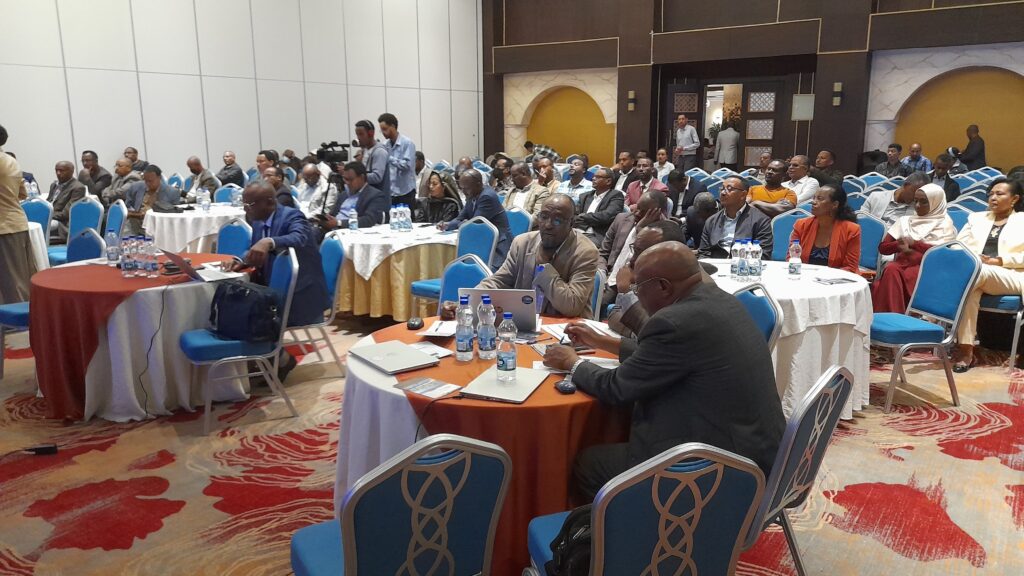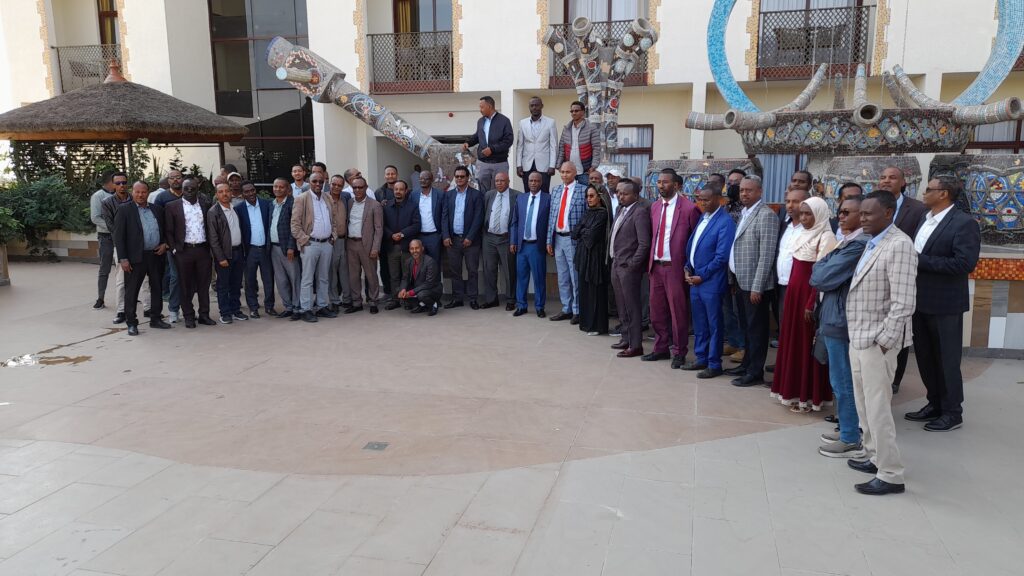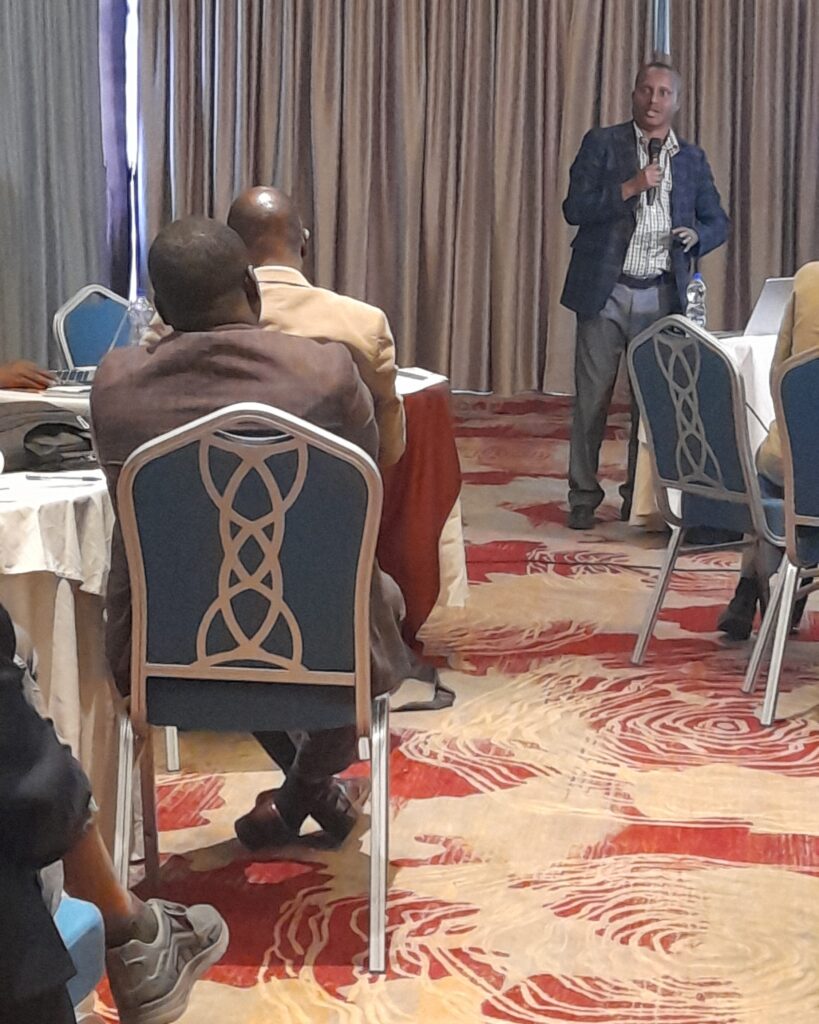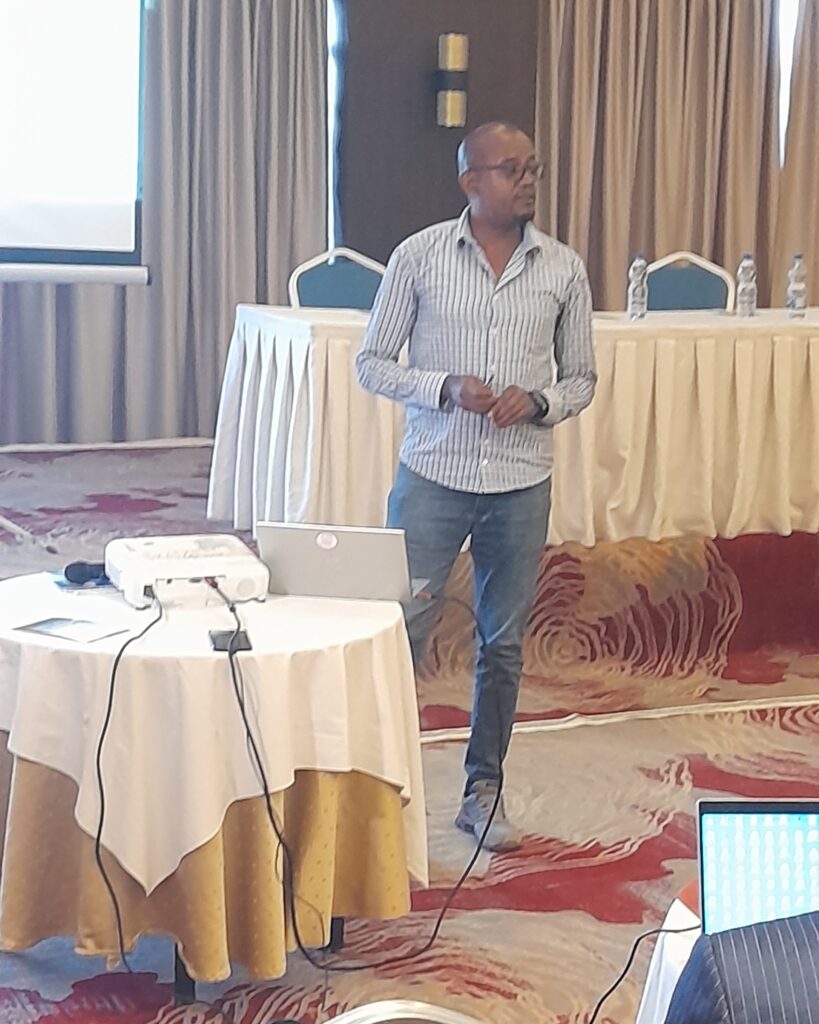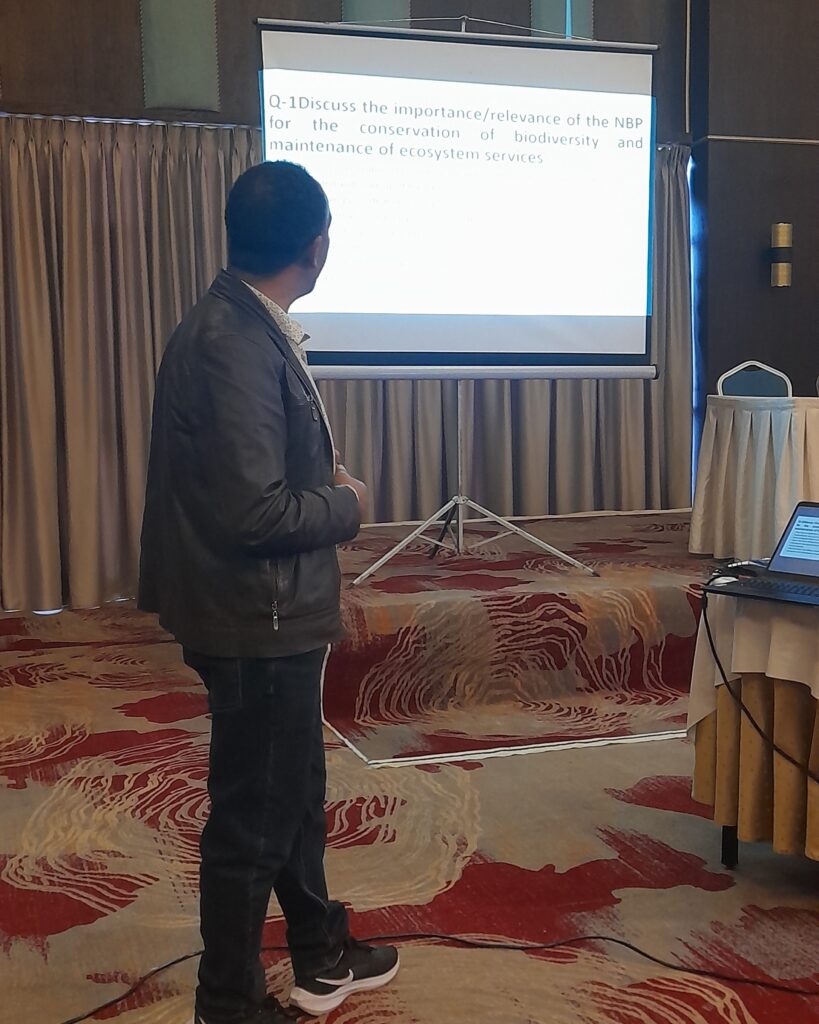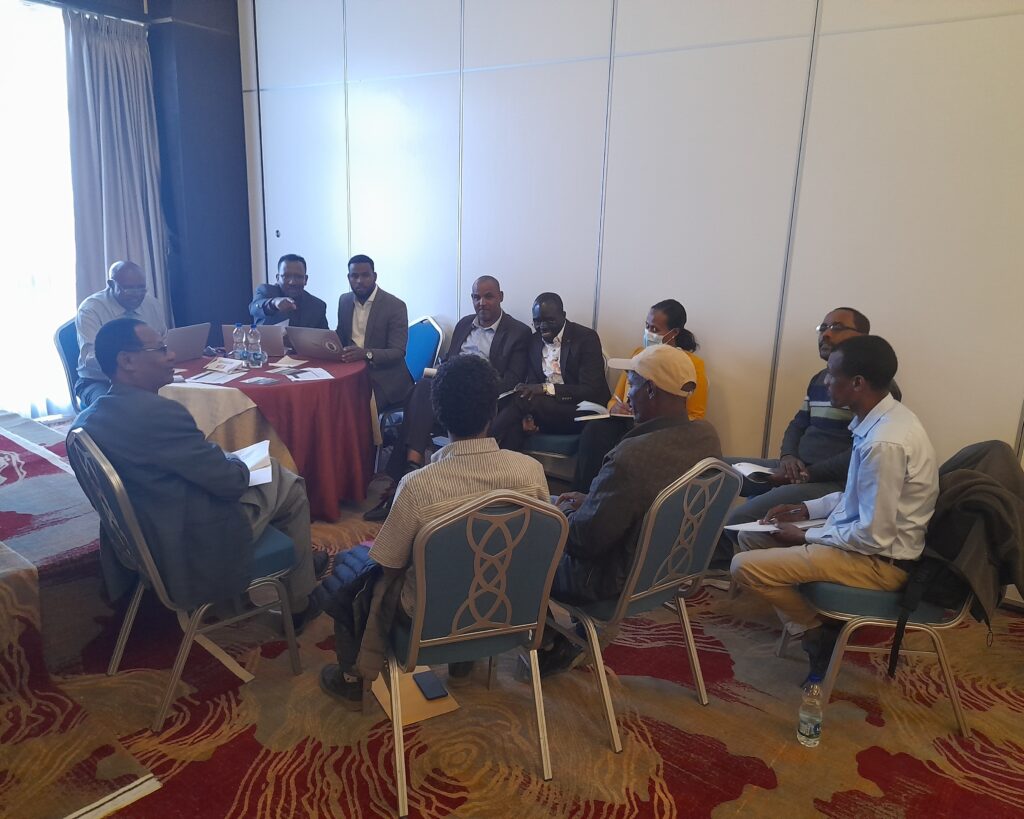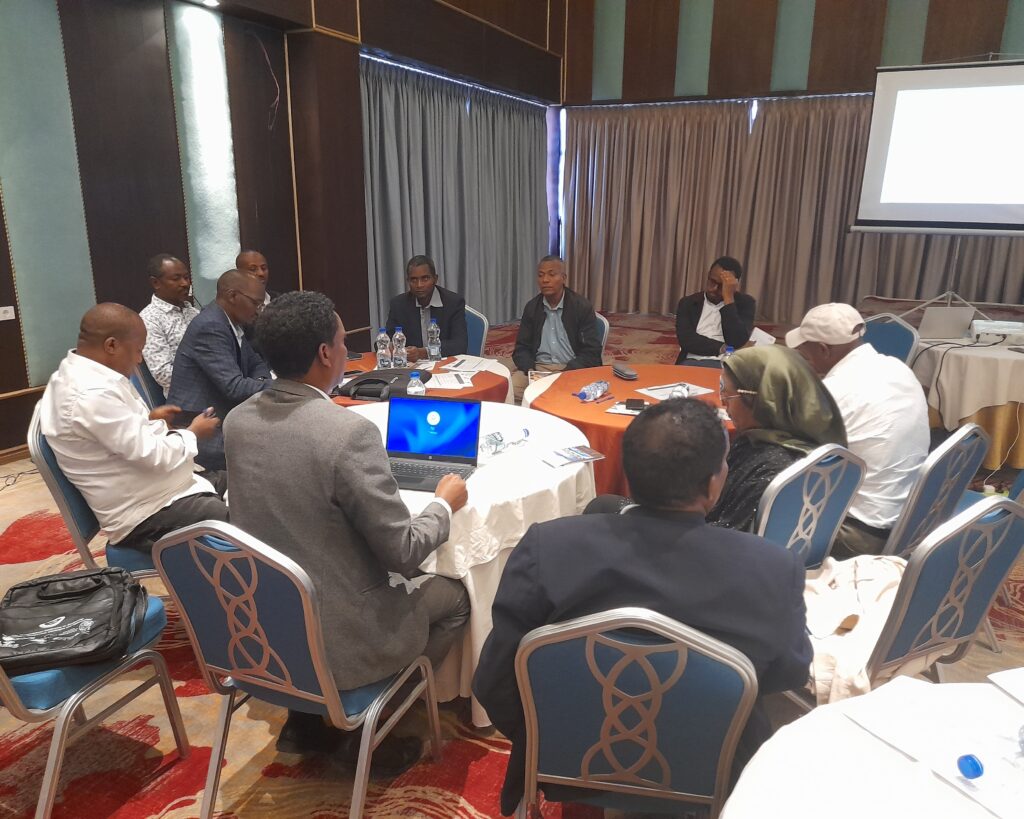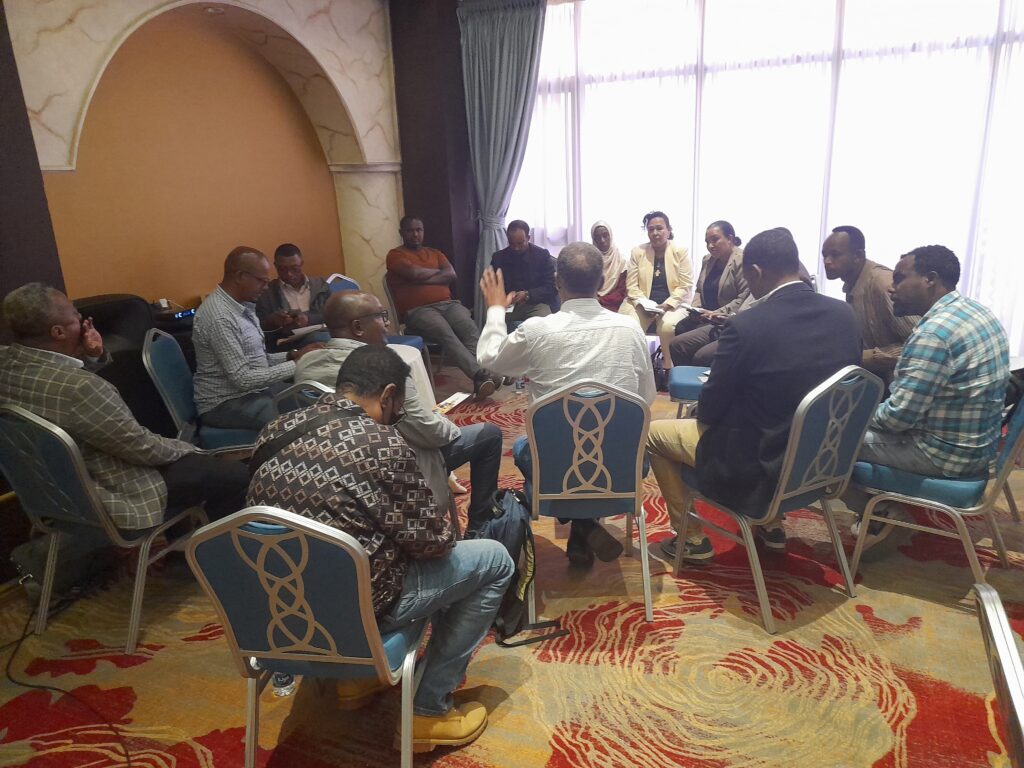Annual National Biodiversity Platform-Ethiopia Stakeholders Workshop conducted
The National Biodiversity Platform (NBP)-Ethiopia annual Stakeholders Workshop, organized by the BES_Net project, was conducted on January 11, 2024, at Bishoftu town. The NBP-Ethiopia, which has 175 members from research and academic institutions, policymakers, civil society organizations, the private sector, and local communities, was established in May 2022 to engage stakeholders in the science-policy interface with aims to enhance biodiversity conservation and ecosystem services. In this plenary/workshop, 120 participants from the People’s House of Representatives, different universities, federal government organizations, regional government organizations, NGOs, private sectors, ILK holders associations, and local communities participated. NBP-Ethiopia was established to harmonize policy and science to promote the undertaking of policy-relevant research for the use of scientific evidence in policy-making. It also enables the business sector to understand the role of biodiversity and ensure the applicability of science for assessing biodiversity benefits, risks, and dependence.
During the opening of the workshop Dr. Melese Maryo, Director General of Ethiopian Biodiversity Institute, described the challenge biodiversity encountered efforts bestowed to avert the challenges. Besides he briefly stated the history of establishment of the NBP-Ethiopia, activities so far accomplished and achievements as well as challenges encountered since the establishment of the platform.
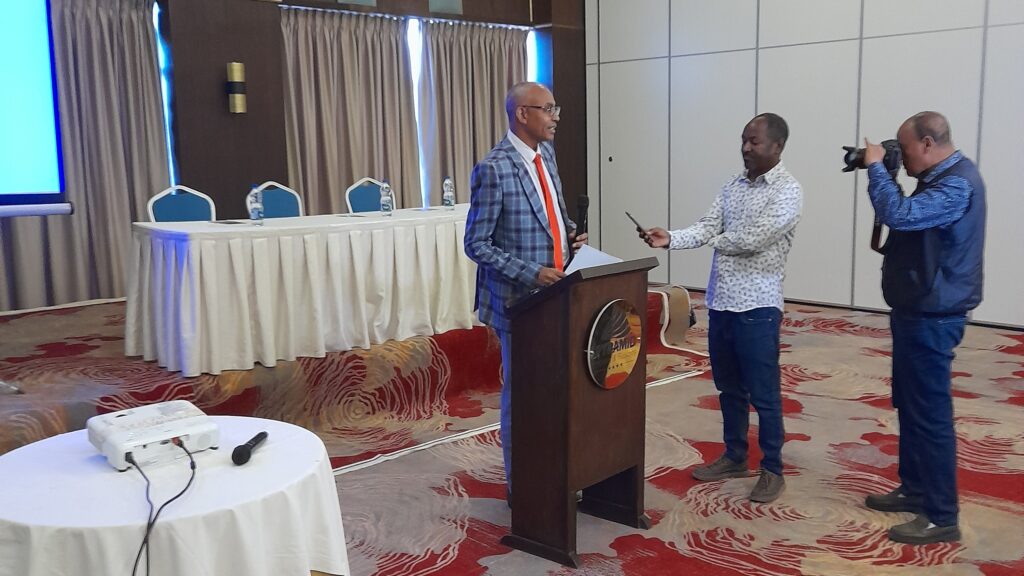
Likewise, Dr. Feleke Woldeyes (Deputy General Director of EBI) presented a brief review of the National Ecosystem Assessment (NEA) (www.ebi.gov.et), which was framed based on the IPBES conceptual assessment framework to provide a knowledge base for informing actions and policy options and help respond to future scenarios regarding the status and trends of changes in Ethiopia’s biodiversity and ecosystem services. The NEA categorizes the major ecosystems of the country as mountain, forest, woodland, aquatic and wetland, rangeland, and agricultural ecosystems. He also gave a comprehensive speech on IPBES Assessment Report on Invasive Alien Species (IAS): The East African perspective.
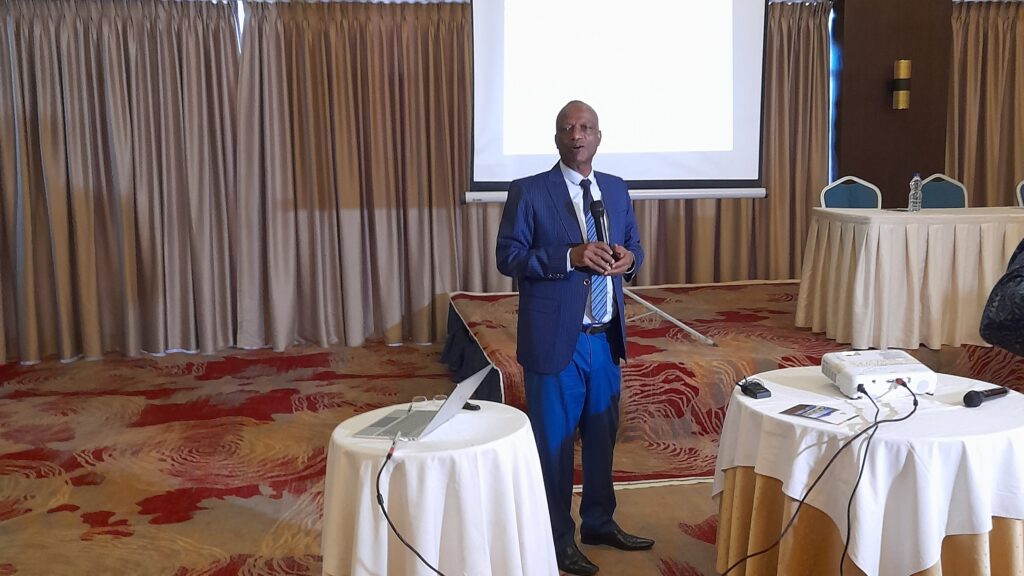
A scenario analysis based on the findings of the NEA was also presented by Prof. Mekuria Argaw (HoAREC&N Executive Director), one of the authors of the research. He has shown the different scenarios of biodiversity and ecosystem services in business as usual and the different intervention perspectives.
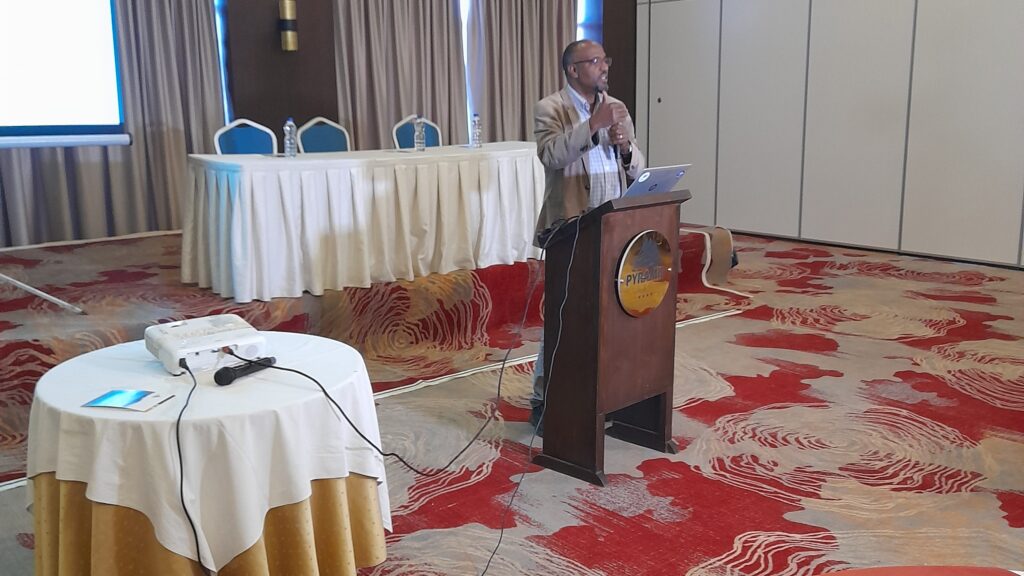
Dr. Demeke Datiko, the BES_Net project coordinator, gave an overview of the BES_Net Phase II project. Besides, reports of two assessments conducted with the support of BES_Net were presented. The assessment findings on matters related to Biodiversity and Ecosystem Services, by Dr. Abiyot Birhanu, leader of the assessment team. At the same time, the assessment findings on matters related to the National Biodiversity Platform in Ethiopia were presented by Dr. Samson Shimelse, leader of the assessment team.
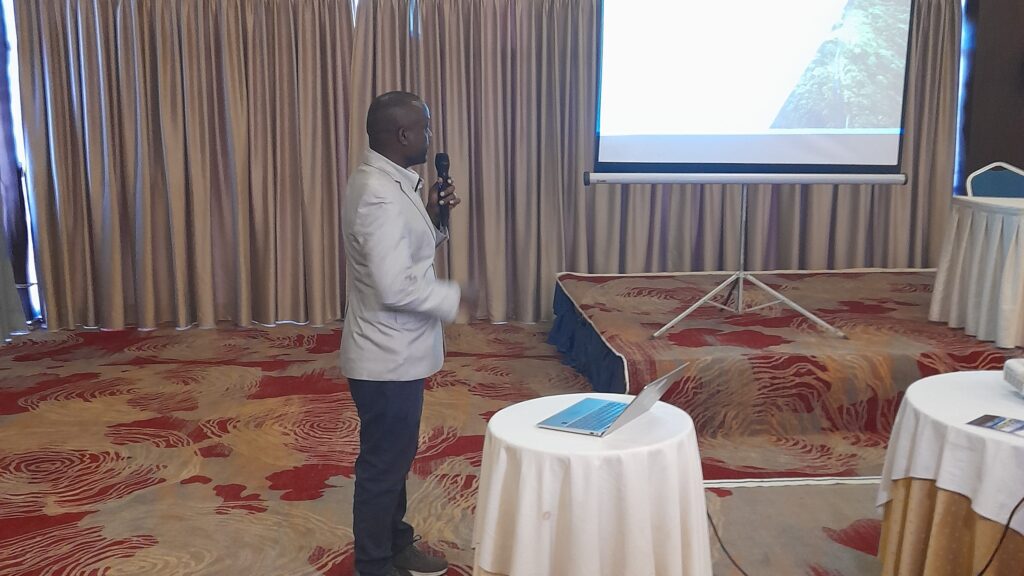
Group discussions on the status and effects of IAS in Ethiopia and enhancing the functioning of the NBP-Ethiopia and the respective roles and contributions of the members were also undertaken and results of the discussions presented to the workshop participants. The meeting concluded with commitment of stakeholders to support and strengthening the national platform for the benefit of biodiversity conservation and ecosystem service improvement.
